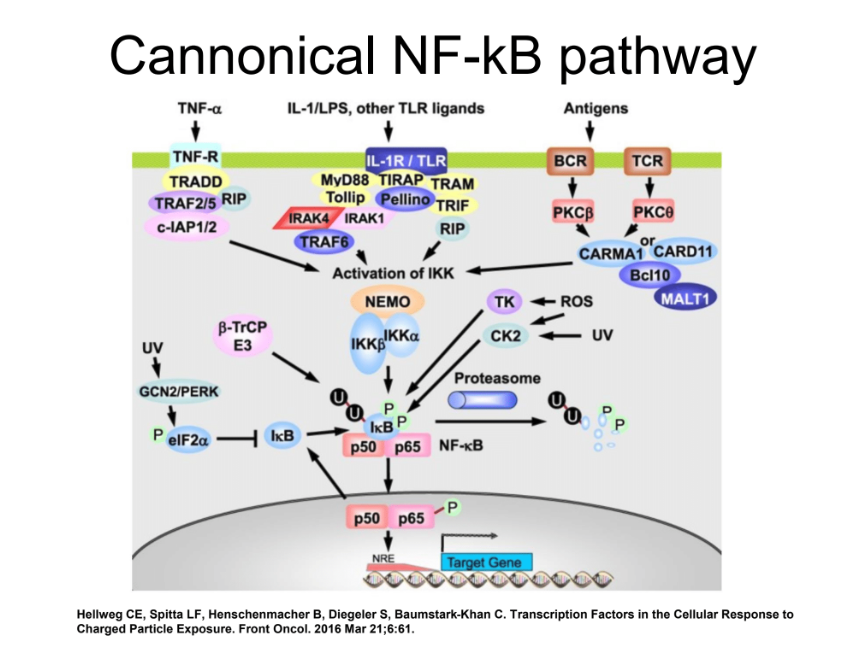- Joined
- Mar 20, 2015
- Messages
- 14
- Reaction score
- 19
Registration is now open for ARRO's “High Yield Summary Review of Radiation and Cancer Biology” with Gayle E. Woloschak, PhD. The webinar will take place Tuesday, June 18th, 2019, at 11:00a.m. Eastern Time.
Important: Space is limited. To attend this webinar, register here.
A link with instructions to join the webinar will be sent by e-mail before the session.
Gayle E. Woloschak, PhD, is Professor in the Departments of Radiation Oncology, Radiology, and Cell and Molecular Biology at Northwestern University, Feinberg School of Medicine. She is also the the Editor-in-Chief of the 2019 ASTRO Radiation and Cancer Biology Study Guide.
This webinar will be a high-yield summary review for the ABR qualifying examination in radiation and cancer biology. The webinar will be recorded and made available on the ARRO website after the live session has ended.
Important: Space is limited. To attend this webinar, register here.
A link with instructions to join the webinar will be sent by e-mail before the session.
Gayle E. Woloschak, PhD, is Professor in the Departments of Radiation Oncology, Radiology, and Cell and Molecular Biology at Northwestern University, Feinberg School of Medicine. She is also the the Editor-in-Chief of the 2019 ASTRO Radiation and Cancer Biology Study Guide.
This webinar will be a high-yield summary review for the ABR qualifying examination in radiation and cancer biology. The webinar will be recorded and made available on the ARRO website after the live session has ended.
Last edited:

